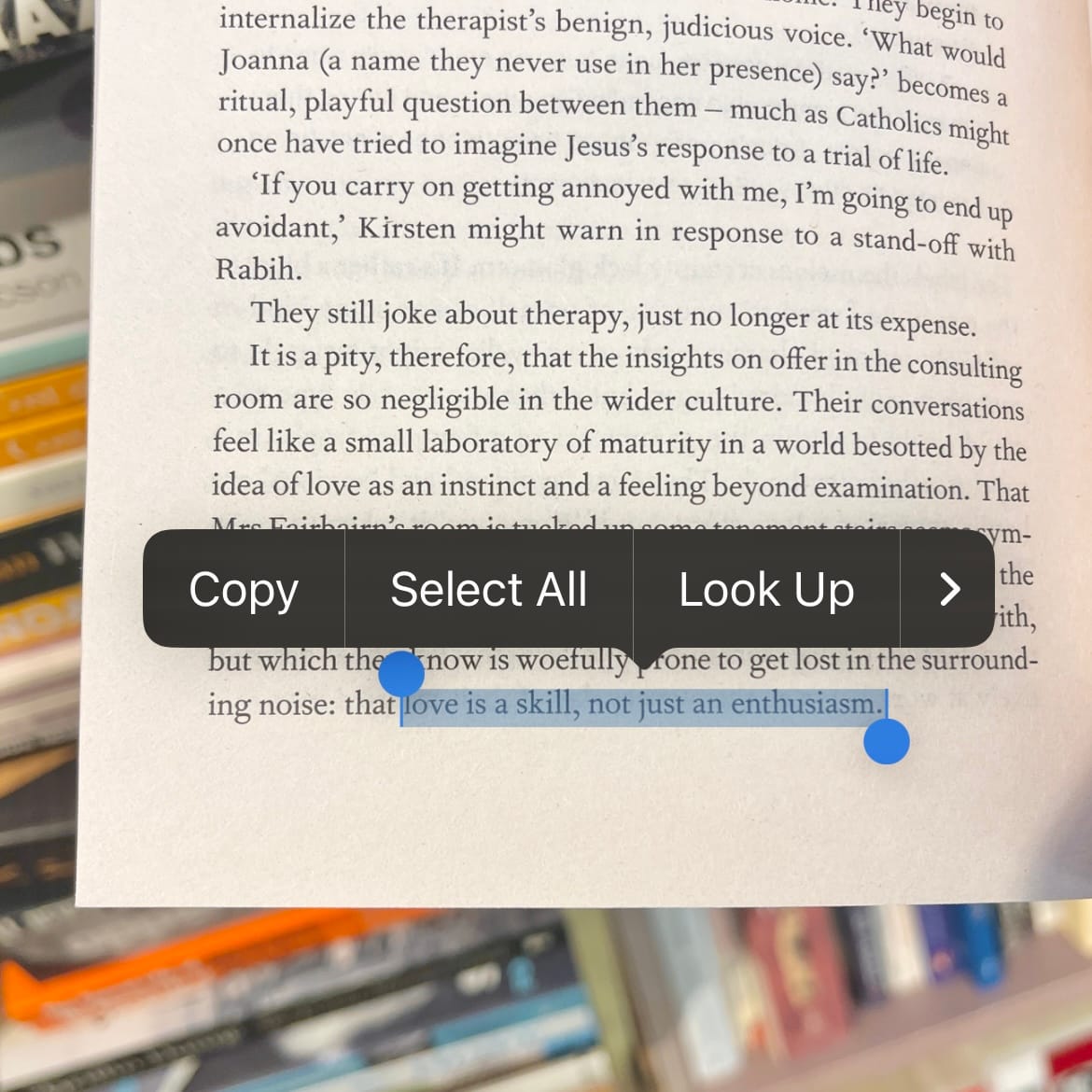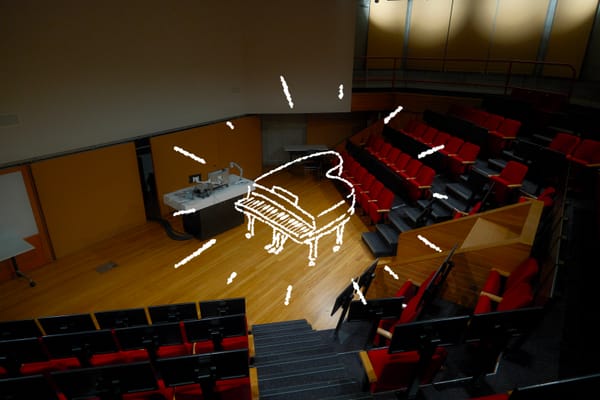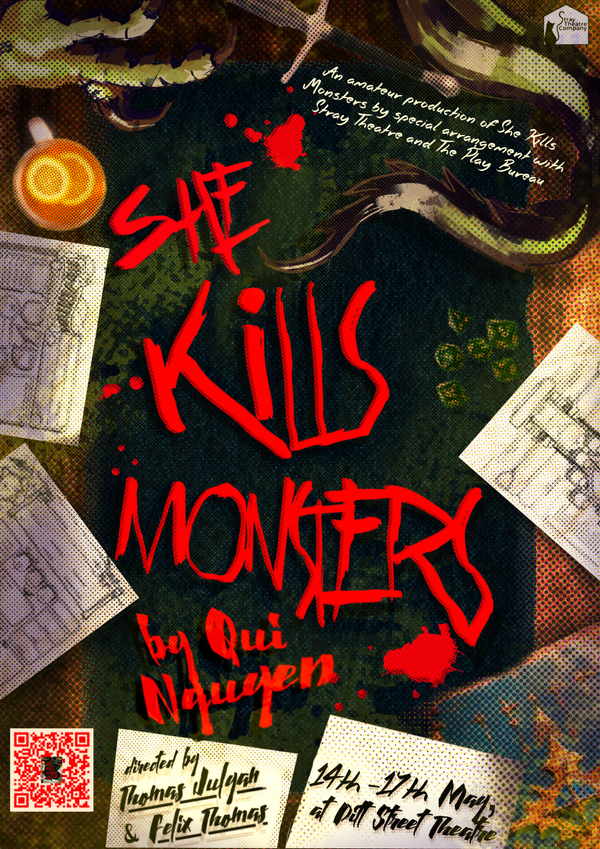“Kindness Is Free.” No, It Isn’t.
I’m not talking about the good manners type of kindness, like holding the auditorium door open for the student filing in behind you, or giving up your seat on public transport for someone who needs it more.

Could you recall the last time you were in hot water and someone really helped you out? A true act of kindness requires us to be thoughtfully intentional. It can feel like a free will workout, even if it only physicalises as a small gesture. But it always takes a whole lot of bravery.
Recently I’ve come to see kindness not simply as ‘being nice,’ but having love for the person you are engaging with. Even strangers? Say whaat? Hear me out. Last month I picked up the book All About Love: New Visions by bell hooks (wait, you haven’t read it yet? Get stuck in! It’s available online through the UoA library catalogue, the same place as where you access your course readings). The biggest shocker was that it made me realise how romantic love, which I incorrectly assumed the entire book would be discussing, constitutes only a small part of the spectrum of what it means to love. In fact, the section “Romance: Sweet Love” doesn’t come in until Chapter Ten. hooks draws attention to the fact that we tend to avoid holding serious, intellectual conversations about love - and even when we do, we speak of it as something that naturally happens to us rather than an action we choose to take. She also borrows a quote from American psychiatrist M. Scott Peck, defining love as “the will to extend one’s self for the purpose of nurturing one’s own or another’s spiritual growth.” Things like attraction, affection, and even care, hooks says, are all “ingredients” of love, but alone they are not the same as love itself. Let’s come back to kindness. When you’re interacting with a stranger, showing kindness from a place of love could be as small (but as transformative) as remembering that they also get tired end of the day, or seeing that they’re just like you: somebody’s child.
About the same time as I had finished reading All About Love, I was recommended another New York Times bestseller, The 48 Laws of Power by Robert Greene. To be honest, I did not have enough time to read more than just the chapter titles listed in the contents page, but what I saw horrified me. “…Law 7: Get others to do the work for you, but always take the credit… Law 14: Pose as a friend, work as a spy… Law 20: Do not commit to anyone… Law 39: Stir up waters to catch fish…”. I’m not making this up. I have no doubt that Greene’s book holds at least some observational truths and clever insights, but I am seriously concerned by the lens it argues you should look at the world through (they are literally prescribed as “laws”). The type of action it encourages. What narrative about the relationship between ourselves and others does it compel us to believe?
I’ve heard plenty of anecdotes from friends studying in competitive fields such as biomedicine and computer science: the horror stories of gatekeeping, backstabbing, even snitching on fabricated stories just to get ahead of the cohort. Even if there is distrust, abuse of power, and broken respect in the world – and it’s true, we can’t change that as an individual – here’s the thing. The way you choose to think about it does.
All throughout my first and second years at UoA, I bought into a fractured narrative. I thought the institution only wanted to profit off me and that other students were only interested in finishing their degree and getting out of there. Needless to say, the story I told myself about the world severely hindered my participation and overall student experience. I didn’t join any clubs. Didn’t feel compelled to talk to other students in my lectures because I assumed in-class friendships were unlikely to last. Never made the effort to ask my questions to my lecturers. Then one week, I decided to challenge myself to attend an office hour, just show up as myself, with the goal of holding a genuine conversation, just once. I had never expected my lecturer to be so generous with his time and expertise (shoutout to Dr Ethan Plaut)! I walked away buzzing with ideas, leads, and eye-opening evidence for a new narrative to view student life, one which actually works. Fast-forward to today, numerous papers I had my eye on in the course lists have been cut, professors are still striking for fair pay, and the entry for competitive programmes remains dauntingly slim. But because I now believe in looking for, giving, and receiving opportunities of kindness, I feel empowered and ready to make the most of the resources provided by UoA to grow as a person, whilst contributing back to our community of students and staff.
Do you still need some evidence of your own to be fully convinced? Pick one or all of these experiments to try this week...
Experiment I:
Do you take the bus to uni? Great! Next time you catch one, say “hello” to your driver before you tag on, and smile at them in that little snatch of an interaction. Not a lipped smile. One with teeth, a real one you can feel in the corner of your eyes. (If the driver is looking elsewhere as you’re hopping on, you may abort the mission for that one particular ride). Do this for the entire week. Okay, I know this might sound to you like a social anxiety nightmare or just downright stupid, but bear with me on this one. It is near impossible that your human driver won’t acknowledge a genuine smile by returning it back to you, and the effects it has on other passengers is profound (I say this because I was one of the other passengers). Try it and see.
Experiment II:
Execute one thoughtful act of service for someone in your family or someone you live with. This could be offering to pick them up after a long day, or fixing them a hot meal or a tasty snack they can come home to, especially as we’re hitting a point in the year where it’s getting chillier, drizzlier, and darker out earlier. And make a portion for yourself so you can eat together! If your loved one thinks you are gift-wrapping some pending bad news or about to ask for something difficult, assure them that you’re not and stick to your word. (If you live alone, please accept my challenge to cook yourself your all-time-favourite meal).
Experiment III:
If you think you’ve been a little harsh on yourself lately, this one I learnt from a friend. Find a photograph of yourself as a child. Place it somewhere salient in your everyday space. When you have a slight hunch you’re berating or discouraging yourself more than you need to, go and stand in front of that photo. How would you talk to yourself now? Observe the difference.
By and large, we should at least award some credit to the adage “kindness is free.” It’s on the right track. Financially, kindness is free - and thank goodness for that, because we are on student budgets after all. But kindness is also a provoking thing with radically pivotal chain reactions. It challenges the space we fashion between ourselves and others. It costs our time to think, and occasionally our ego. How big is that price to you? If that’s a question you don’t wish to answer right now, at least take this with you: try it and see, observe the difference.
Note: author bell hooks deliberately chooses to style her pen name in lowercase, drawing weight to her ideas over her personal identity.
Disclaimer
The views and opinions expressed by authors in their submissions do not necessarily reflect those of Craccum. Craccum does not endorse any content or viewpoints published and is not responsible for the accuracy or reliability of the information provided by contributors.





